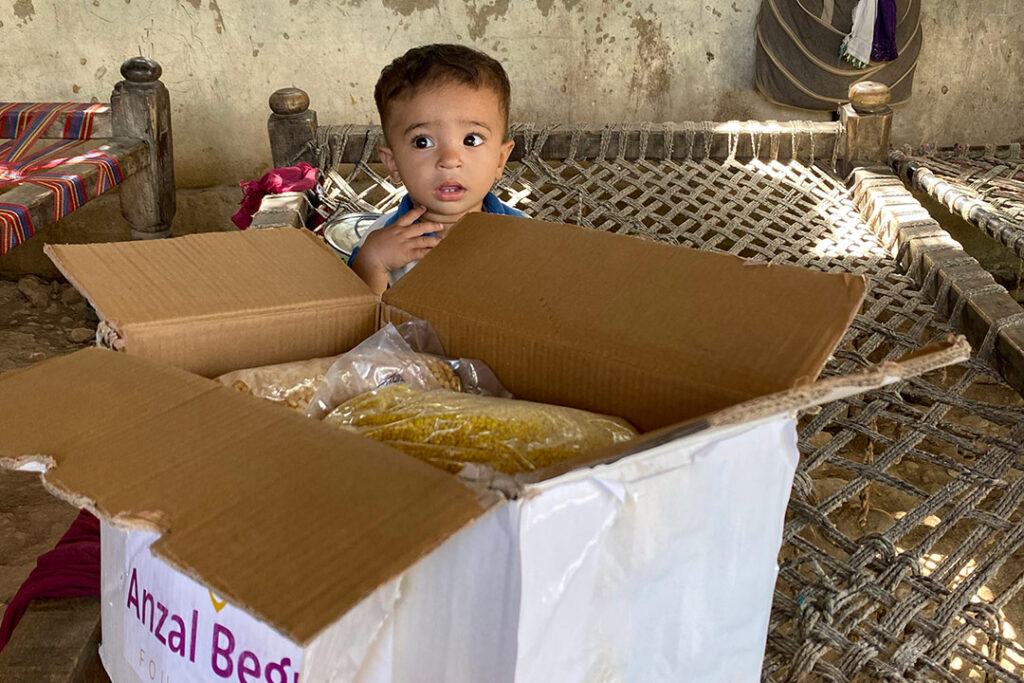Zakat
Give 2.5% of your savings to fulfil your obligation and support vulnerable families through our projects
Purify Your Wealth, Support the Needy
Zakat is one of the Five Pillars of Islam, a compulsory act of worship requiring Muslims who meet the nisab (minimum wealth threshold) to give a portion, typically 2.5%, of their surplus savings.
It is not simply charity: it is a right granted by Allah to the poor and vulnerable, and a means to purify one’s own wealth.
Where Your Zakat Goes
Your zakat supports those Allah has designated in the Qur’an — the poor, the needy, orphans, and others who are eligible.
At Anzal Begum Foundation, your zakat is used transparently and responsibly to fund our programmes:
- Food assistance & Ramadan parcels
- Water & infrastructure projects
- Orphan care, health initiatives & more
Why It Matters
- Upholding a divine right, not merely giving a donation
- Fosters equity, social solidarity, and community welfare
- Purifies wealth from greed and self-centeredness

“From struggle came resilience, from resilience came compassion — this is the legacy of Anzal Begum.”
Make Your Gift Today
Join our community of supporters making real change. Donate Now and help us spread kindness, hope, and opportunity.
If you prefer to give via bank transfer, cheque, or gift in memory, please contact us.
Together, we can continue Anzal Begum’s legacy of compassion in action.